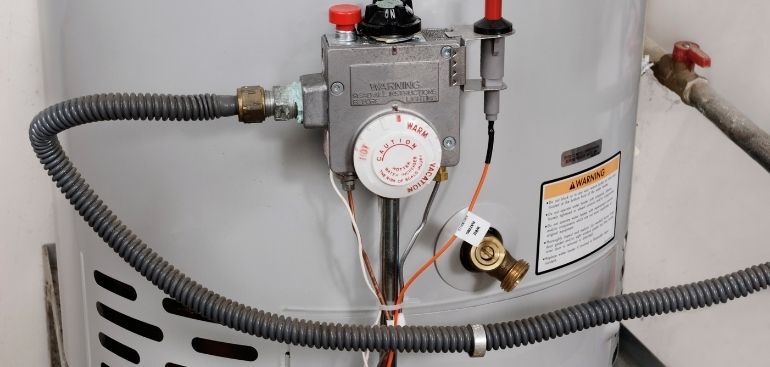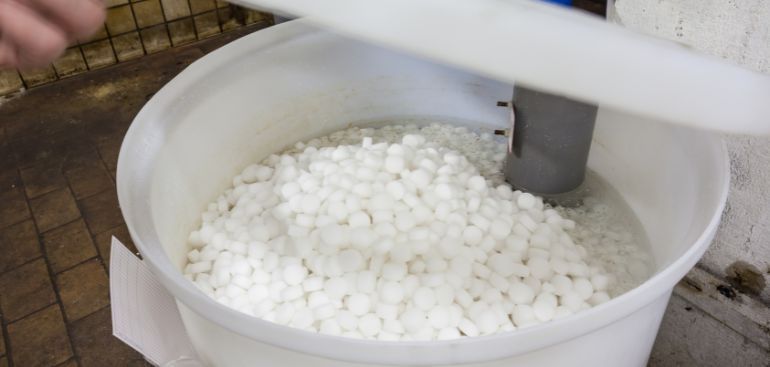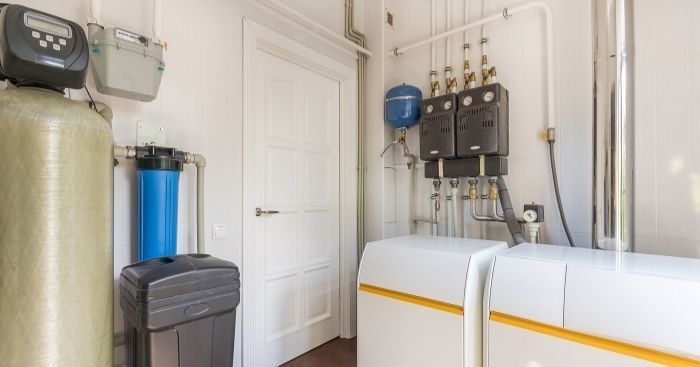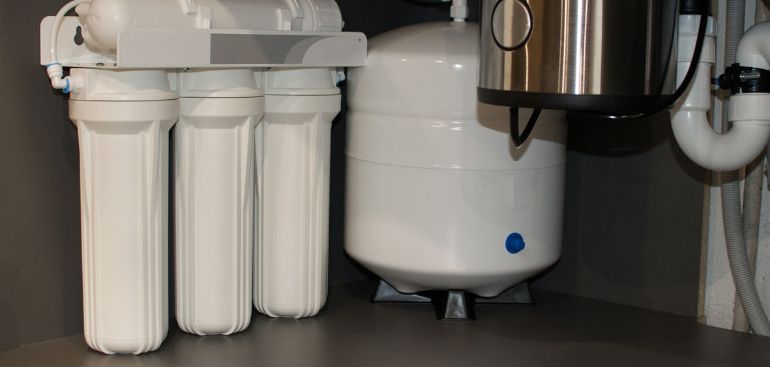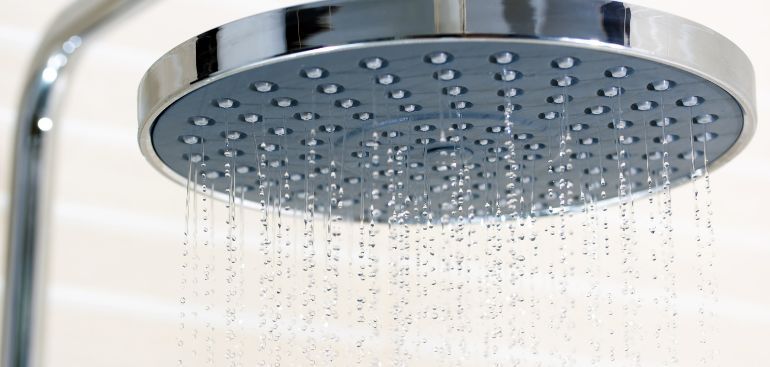Dealing with Odor from Hot Water Heater, Santa Fe, NM
Key Highlights
- A rotten-egg smell in your hot water is often caused by hydrogen sulfide gas.
- This gas is produced by sulfur bacteria reacting with the anode rod in your water heater.
- Santa Fe’s water composition can contribute to this unpleasant odor.
- Replacing the magnesium anode rod with a zinc or aluminum one can solve the problem.
- Flushing your water heater tank is another effective method to eliminate the smell.
- If the odor persists, a professional plumber can diagnose and fix your plumbing issue.
Introduction
Water Heater Odors in Santa Fe, NM
Santa Fe’s Water Composition in Smelly Hot Water
Odor from hot water heater, Santa Fe, NM
Shock chlorination and a corroded magnesium anode rod in the water heater.
Why does my water smell like rotten eggs?
Chlorine and Sulfur
Anode Rod and Zinc Anode Rod
TLC Plumbing, Heating & Air Conditioning Solutions
Groundwater
What other factors can cause a high water bill besides faucet leaks?
While leaking faucets and pipes are often the first culprits behind a high water bill, several other factors can contribute to elevated costs. For instance, the efficiency of your water heater plays a significant role; if it’s old or malfunctioning, it may consume more energy than necessary.
Although odor issues are not typically linked to high water bills, it's worth noting that older tank-style water heaters may be more prone to odor problems than newer or well-maintained models. Odor issues often arise from bacterial growth in the tank or anode rod issues, which can vary depending on the water heater type and maintenance frequency.


